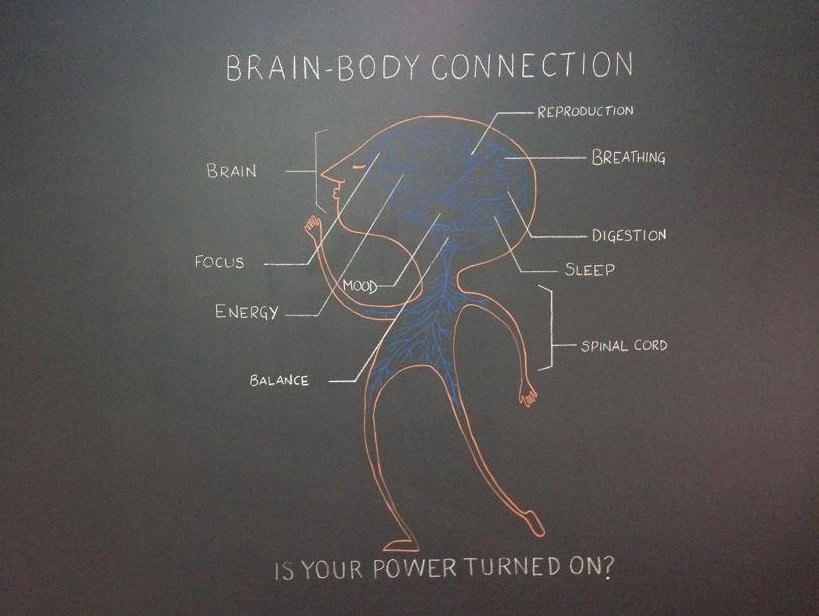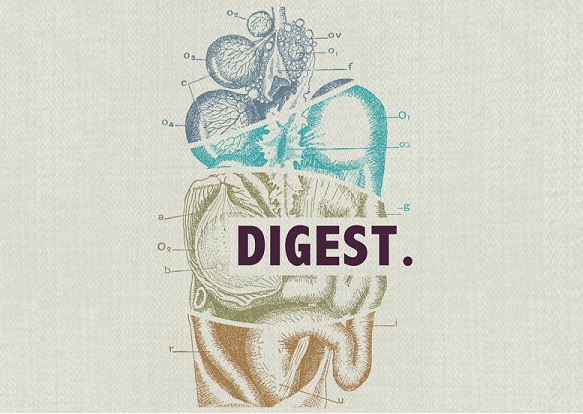What You May Not Know About Chiropractic

When most people think of chiropractic care, they think of traditional chiropractors who focus on decreasing muscular spasm, increasing range of motion, and reducing pain. This is how most chiropractors practice, and most of them are great at what they do. This falls under the umbrella category of symptom relief/symptom management. Now, what you may not know about chiropractic care is that symptoms are the secondary condition of an underlying cause.
In our office we focus on structural correction. You see, once the spine shifts and disrupts the spinal nerves and spinal cord, it can create many different secondary conditions or symptoms. The reason these are called secondary conditions is because they are a result of the primary structural shift, or the underlying cause. Once found, a specific adjustment of only those segments of the spine that are actually shifted is needed. With care for not disturbing those vertebrae that are in proper alignment, the chiropractic adjustment respects the spine for good reason – your spine protects the nervous system which controls everything in your body.
The location of the structural shift and where the nerves are being disrupted will give us an idea about your secondary conditions. Most people are unaware of the many ways chiropractic can help these conditions; here are just a few examples:








